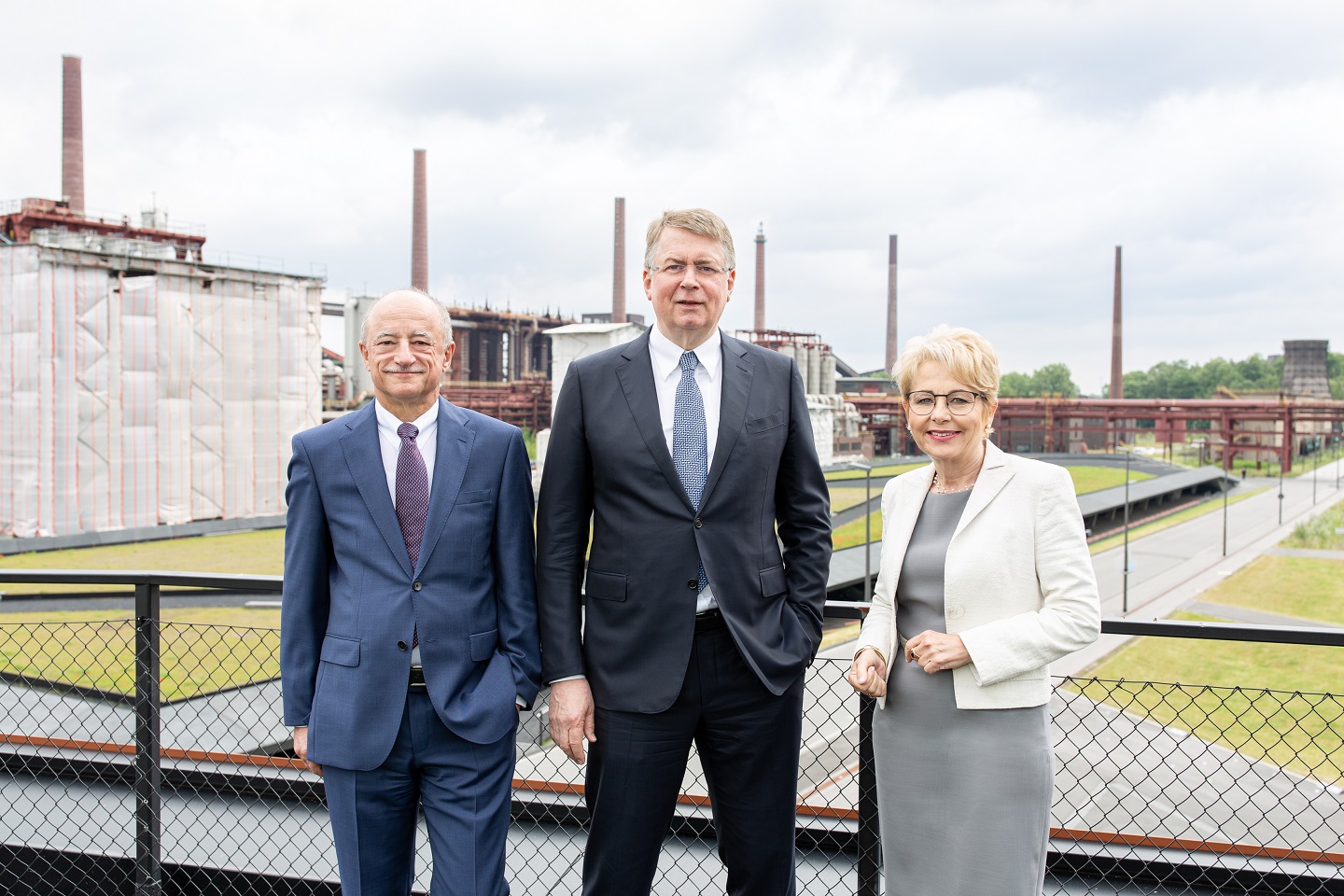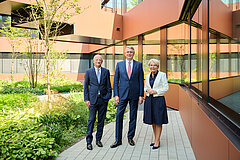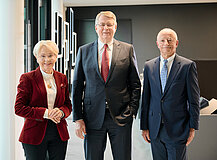Following the end of the German hard coal mining industry, the RAG-Stiftung has now begun to finance the perpetual obligations

“We are excellently funded for our future obligations,” said Bernd Tönjes, Chairman of the Board of Executives of the RAG-Stiftung, at the beginning of the annual press conference. In December 2018 the last chapter in the more than 200-year history of the German hard coal mining industry ended when the mining activities were discontinued. This also marked a turning point for the RAGStiftung. Until the end of 2018, the foundation was able to build up capital almost exclusively using the earnings from its assets. However, at the beginning of February it received the first invoice for the perpetual obligations. “We easily managed the first few months after the turning point, and I’m similarly optimistic about the rest of eternity,” said Tönjes about the foundation’s perpetual obligations. However, he also pointed out the challenges that the former mining regions have to deal with since coal mining ended. People have long since arrived in a future where there is no hard coal mining. “We now have to pool all of our resources to make it a good future,” said Tönjes, who assured his listeners that the foundation would do its part to make this happen.
The reliable financing of the perpetual obligations is a key element of these activities. This is initially expected to cost around €300 million per year. However, these costs are expected to decline after the planned optimized pit water concepts are implemented in North Rhine-Westphalia and the Saarland. The ongoing expenses are offset by high levels of income. The total provision for perpetual obligations amounted to €7.79 billion at the end of 2018 after the financial result of €912 million had been added.
Dr. Jürgen Rupp, Chief Financial Officer of the RAG-Stiftung since April, stated that the diversified investments had been successfully increased by €1.4 billion to €7.3 billion (market value) at the end of 2018. He also emphasized that he planned to retain the strategy of his predecessor, Dr. Helmut Linssen, and push ahead with diversification. To date, the foundation has invested more than 50 per cent of its assets in companies other than Evonik. “As a result of low interest rates, the foundation began to focus on higher-yield, non-liquid assets early on. This approach has paid off. We will continue along this path even in the midst of a challenging capital market,” said Rupp.
Head of Human Resources Bärbel Bergerhoff-Wodopia showed that the RAG-Stiftung has spent approximately €60 million on support activities since its creation. Another €30 million will be added in 2019. A large part of these funds is used to benefit disadvantaged children and teenagers. The RAG-Stiftung’s support activities will continue to focus on the entire range of educational measures—from day-care facilities to assistance for young people as they prepare to begin their traineeships or university studies. The RAG-Stiftung now mainly defines its own multi-year projects, which it is implementing in cooperation with renowned partners. In 2019 the RAG-Stiftung also took over around €14 million in sponsored projects from RAG Aktiengesellschaft, which is no longer providing any funding for such activities since the discontinuation of hard coal mining. “By taking over these projects we are ensuring that key institutions in the former mining regions will not suffer from any interruptions in funding. Sustainability also plays a major role in our support activities. Our responsibility doesn’t end with the discontinuation of coal mining. On the contrary, it gains a new meaning, and that applies to our support activities as well,” said Bärbel Bergerhoff- Wodopia.
The “Glückauf Zukunft!” initiative concluded at the end of 2018 together with the German hard coal mining industry. This initiative had been launched by the RAG-Stiftung, RAG, Evonik and the IG BCE trade union in 2016. As the initiator of “Glückauf Zukunft!”, the RAG-Stiftung participated in the initiative with almost 40 projects. In addition, over 100 third-party events and exhibitions were held as part of the initiative. In this way, the “Glückauf Zukunft!” initiative honoured the achievements of the coal mining industry and the miners and generated significant momentum for the further development of the mining regions—momentum that will continue to have an impact even after the end of the coal mining industry.

